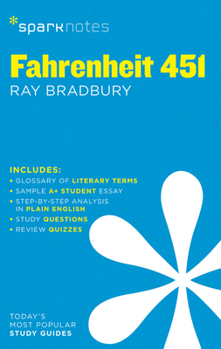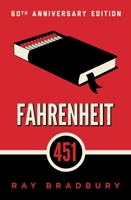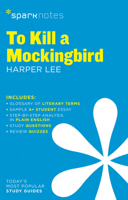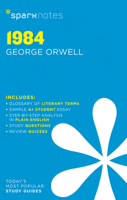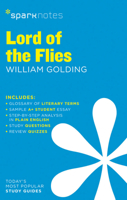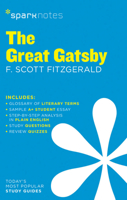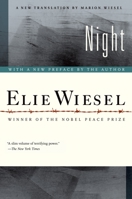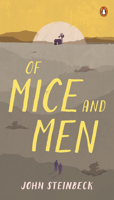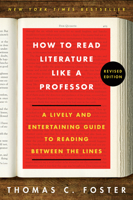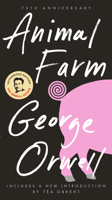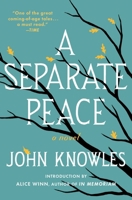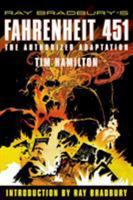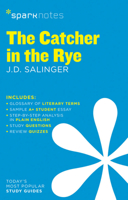Fahrenheit 451 (SparkNotes Literature Guide)
Select Format
Select Condition 
You Might Also Enjoy
Book Overview
Customer Reviews
Rated 5 starsBradbury's classic parable on the evils of censorship
I am teaching "Fahrenheit 451" as the example of a dsytopian novel in my Science Fiction class, although it is certainly one of the most atypical of that particular type of narrative discourse. Compared to such heavy weight examples as George Orwell's "1984," Aldous Huxley's "Brave New World," Yevgeny Zamiatin's "We," Ray Bradbury's imaginative meditation on censorship seems like light reading. But the delicious irony of...
0Report
Rated 5 starsFiction? Really?
"Fahrenheit 451" is a simply great book. Yes, it's quite distressing and unpleasant to read - because what Bradbury describes is much closer to truth than we'd like it to be. And that is precisely what makes the reality of the book so alike our own - it's more pleasant not to think about such things, and therefore one can merely say the book doesn't suit one's taste and go 'get entertained' in front of the TV.The disturbing...
0Report
Rated 5 starsA message that grows more important every day
It was a pleasure to burn. So begins, with this absolutely perfect opening line, Ray Bradbury's celebrated exposition of the dangers of censorship. Everybody knows that Fahrenheit 451 is a novel about book-burning, but this story goes much deeper than those not having read it may suspect. Its message truly does become even more germane and prophetic with every passing day. The skeleton of the plot is rather basic, really...
0Report
Rated 5 starsMetaphor and Reality collide
When I began teaching three years ago, I was required to teach this book. Having never read it before, I began reading it just before our winter break. As I soaked up the story of the book, I realized my students were already living it. They begged me daily, "Ms. Hill, why do we have to read this stupid book? Can't we just watch the movie?" As I got deeper and deeper into the book, I grew increasingly depressed about...
1Report
Rated 5 starsWonderful, and still relevant, novel
This book is absolutely amazing. It describes a time in the future where censorship prevails and minds are caged. Nobody has original thoughts; with the abolishing of books creativity was lost as well. Guy Montag, the protagonist, is a fireman (firemen burn books in this story) who has to fight to pull himself from the grip of an overpowering government and tradition, only to see that it is all useless (why teach to...
0Report











